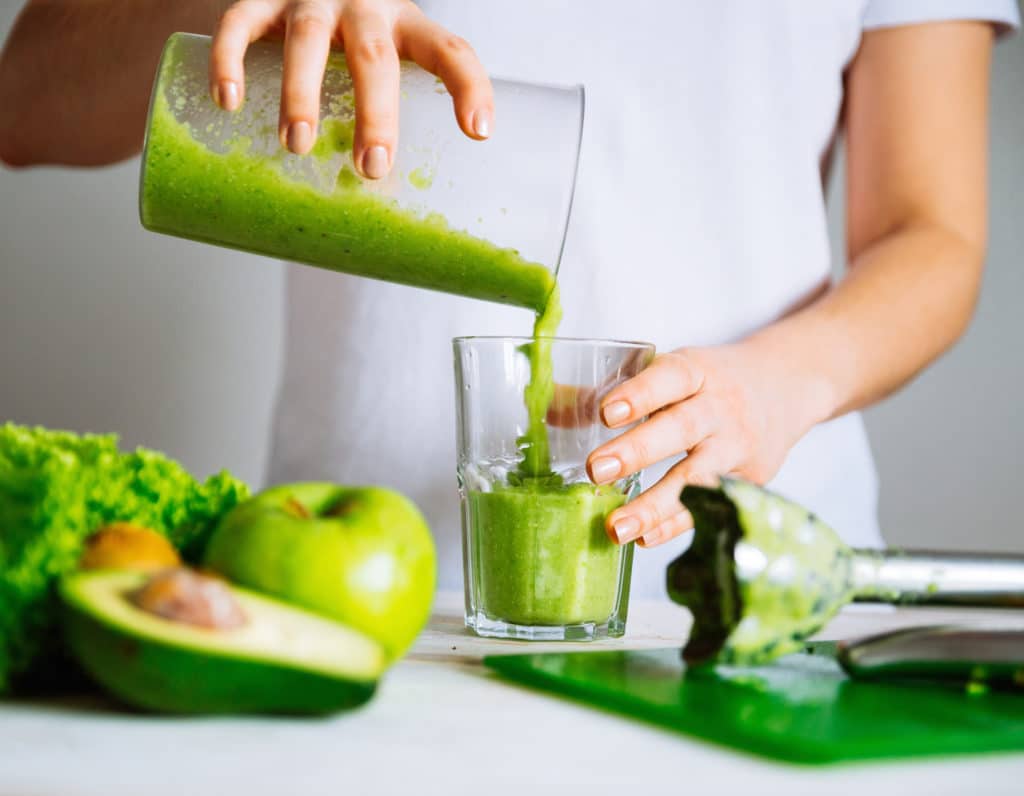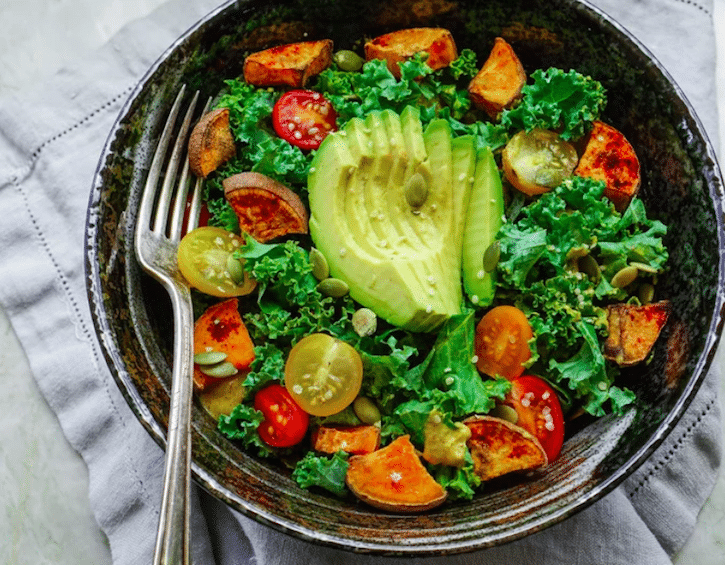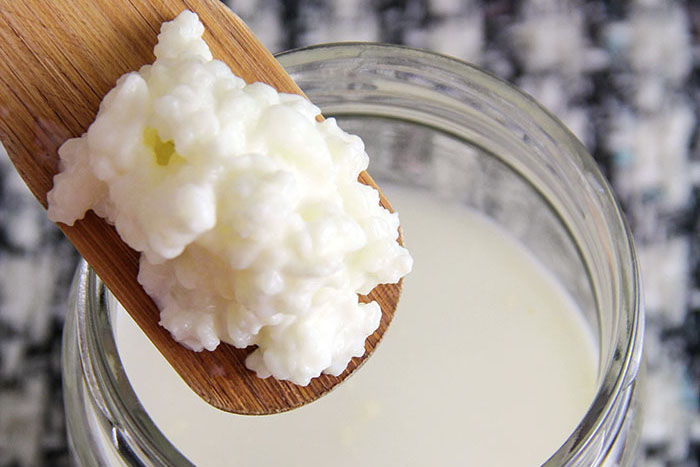
Integrative Nutrition Health Coach Tracy Savill explains just why ‘good’ gut bacteria is so good for you, mama, and tells you how to get more of it into your body!
There’s been a lot of talk and hype around having good gut bacteria but exactly how do these guys affect our weight or the calories that we consume?
First, let’s go back to 2006 when a study conducted found that two groups of gut bacteria – the ‘Firmicutes’ and the ‘Bacteroidetes’ are what are generally present in the human microbiome (the organisms that inhabit your gut environment).
Tests were run on two groups of mice who were given an identical number of calories to consume from the same food sources. Each group was inoculated with the two different gut bacteria groups. What they found was that the group who received the Bacteroidetes species maintained the same weight and size, while the Firmicutes group gained weight!
Interesting, isn’t it?
The results of this study went on to be replicated in humans. This found that people classed as ‘obese’ had significantly less Bacteroidetes in their bowel than lean people. This showed that the type of gut bacteria present in the large bowel does indeed influence our waistline and weight!
So what affects the ‘quality ‘of our gut bacteria, then, and how? Well, there are a number of factors that play a role in gut bacteria profile.
It actually begins from birth…
Why some of us get a head start with good bacteria
Research has shown that children who are born via C-section or who are NOT breast-fed tend to have poorer gut profiles.
When a mother gives birth to a child naturally, the good gut bacteria from the vaginal walls is passed on instantly to the child’s gastrointestinal tract; however with C-section births, they do not receive this from the vaginal walls. Studies have also shown that 30% of beneficial bacteria in a baby’s intestinal tract come directly from mother’s milk, and an additional 10% comes from skin on the mother’s breast. What’s more, babies who breastfeed even after they begin eating solid food continue reaping the benefits of a breast milk diet – which is a growing population of beneficial bacteria associated with better health.
Ok, so now that we know this, how do we change our gut profiles to help shed body fat and in the process improve our energy?

You are what (and how) you eat
Another important factor to what affects the species of gut bacteria that inhabits our colons is the way we eat.
So the first step is to starve the ‘bad’ guys.
Believe it or not even gut bacteria have food preferences, and the thing they love and thrive on is – you guessed it! – sugar. Yup, sugar has simply gotta go. Try to eliminate refined sugars from your diet for a minimum of 1 month and I’m talking ELIMINATE… not just reduce.
Read more: Eight things that happened when I cut sugar from my diet
What’s also important to understand is that all carbohydrates break down into glucose in the body. It doesn’t matter where those carbohydrates come from – whether it is sugars or starches, they still get converted into glucose. The point to be clear on with this is that in today’s day and age and the busy lifestyles that we have, and the availability of a wide range of processed foods, it is too easy to over consume refined sugars as well as refined starches. Based on this, then it only makes sense to ELIMINATE refined starches.
Signs you need more good gut bacteria
So how does one know that their gut bacteria needs addressing?? Here are some signs to watch for:
You have
- Taken antibiotics and NO Probiotics
- Bloating, gut distention, excessive or odorous flatulence, bad breath, gut pain or gut gurgling sounds
- Bad food poisoning and haven’t felt the same since
- Had a gastrointestinal infection when you travelled
- Inexplicable mood changes
- IBS
- Had recurring streptococcus infections as a child
- Strong Irish heritage and you eat gluten-containing grains
- An autoimmune disease (or a family member that does)
Or you feel like:
- You are becoming more sensitive to foods
- You eat very little yet put on weight

Solutions
- Eating whole foods with plenty of vegetables, particularly green leafy vegetables, small servings of meat, chicken, fish (if you eat them), eggs, nuts, seeds and whole food fats (eg. Avocadoes, coconut)
- Foods rich in probiotics like kimchi, sauerkraut, tempeh, kombucha, kefir, (or any other fermented foods)
- Eliminate grains, gluten, refined carbohydrates (both starchy and sugars) for a minimum period of four weeks
- Drink 100% Aloe vera juice, as this helps to rebuild the mucus lining of the bowel wall. (Note: Bone Broths are also recommended for providing good gut healing support)
- Seek a medical herbalist to get advice on using antimicrobial herbs like:
- Echinachea
- Astralagus
- Chinese wormwood
- Ensure that you are using your bowels daily prior to using these antimicrobial herbs
- Consider Colonic Hydrotherapy to help clean the colon
If you feel like you don’t eat that much, yet your weight seems to be increasing and somehow you just don’t understand how or why… then consider that this may well be the reason!
Of course there are other factors that also contribute to weight gain. But now there is scientific evidence showing that the species of gut bacteria is definitely a contributing factor in the weight gain equation.
Essentially our gut bacteria profile plays an enormous role in whether our body is able to use body fat as a fuel source or not, so let’s get more of those good guys into our guts!






 View All
View All




 View All
View All









 View All
View All







